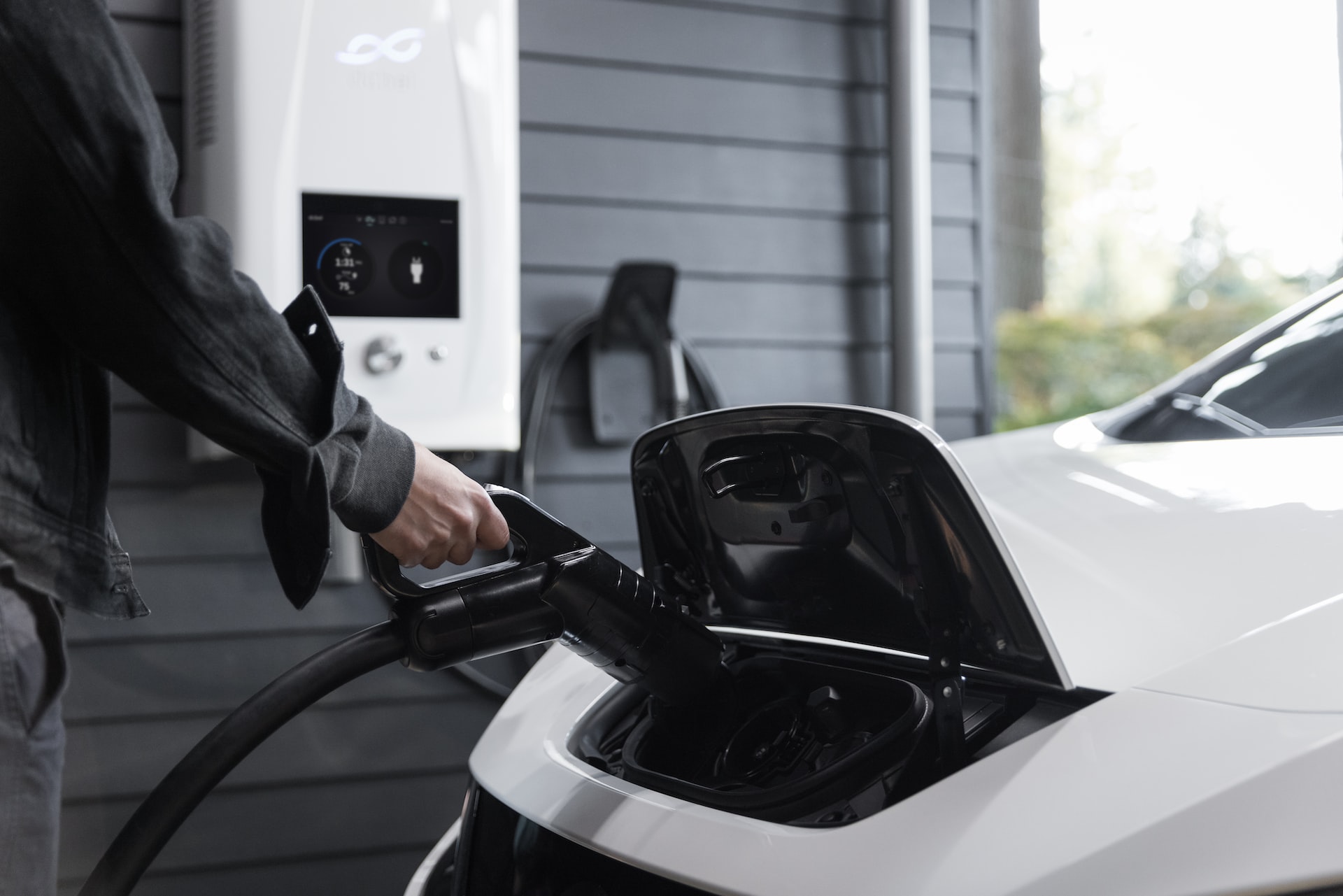Like any other car, an electric car battery can go out and need replacing. However, despite the increasing presence of electric vehicles on the road, people don’t really understand electric car battery replacement, and many incorrect assumptions are out there. Let’s go over some of these misunderstandings as well as the facts so we can get to the truth of the matter.
Common Misconceptions About Electric Car Battery Replacement
There are a lot of assumptions out there that may not be accurate. Today, we’re focusing on the top few misconceptions so we can discuss them in more depth.
Replacing the Battery Costs More Than a New Electric Car
The cost of batteries is one of the driving factors of the overall expense of an electric vehicle, but replacing them rarely has the same exorbitant price tag. Furthermore, the cost of these batteries is rapidly reducing as technology improves, so both new electric cars and their replacement batteries will become more affordable as time goes on.
They Have to Be Replaced Every Few Years
While batteries in devices like smartphones and laptops can degrade relatively quickly, the same doesn’t hold true for electric cars. Instead, the batteries are designed to be much more durable, and they’re subjected to a different kind of strain.
Small, personal devices are used for extended periods and are charged daily or even multiple times a day, and the way they charge places a lot of strain on the power cells that may not be fully depleted yet. Electric cars are typically charged at most a couple of times a week, usually only a few times a month, and charge much more efficiently to reduce the strain.
Old Batteries Can’t Be Recycled and Sit in Landfills
There isn’t currently a large market available for recycling electric car batteries, but that doesn’t mean the only option is to throw them into a landfill for them to slowly leach metals into the soil. Even if they’re no longer suitable for use in a car, electric car batteries can have a second life powering houses as part of a solar or wind energy system.
Recycling their components is also slowly becoming more affordable, and in the event of scarcity of metals, such as lithium, the economic benefit of pursuing efficient recycling will spur more action.
How Electric Car Batteries Are Replaced
The first step in replacing electric car batteries is ensuring that replacing them will actually improve the car’s range. If the battery isn’t particularly worn out, there may be something else that needs to be fixed to address any poor performance.
Once that’s confirmed, the car is hoisted up, the old battery is dropped out, and the new battery is put in. After that, everything is checked to ensure everything is functioning properly, and as long as there are no problems, the car is good to go.
The Real Cost of Electric Car Battery Replacement
While you can argue that the cost of replacing an electric car’s battery is small compared to the savings on gas, that doesn’t change the fact that it can be a significant sudden cost if it’s not still under factory warranty. While the most high-end, newly designed batteries can reach $20,000 or higher, most fall into the $2,000 to $10,000 range for parts and labor on a standard battery.
While electric car batteries aren’t as expensive to replace as many people believe, it’s still much more expensive than the battery for a traditional gas-powered car. You should also always be familiar with your electric car’s warranty to know if your battery is covered and for how long.

